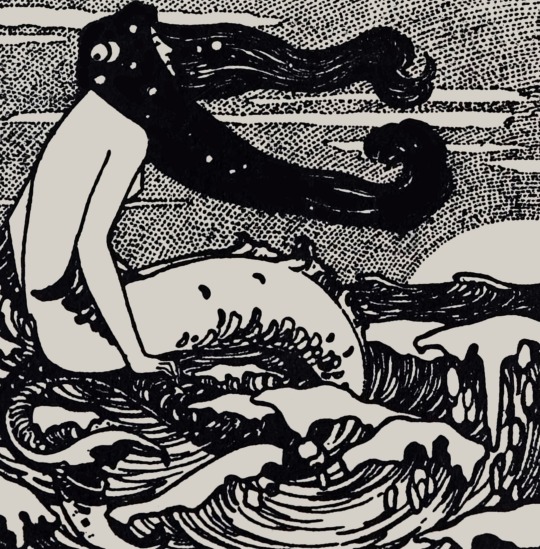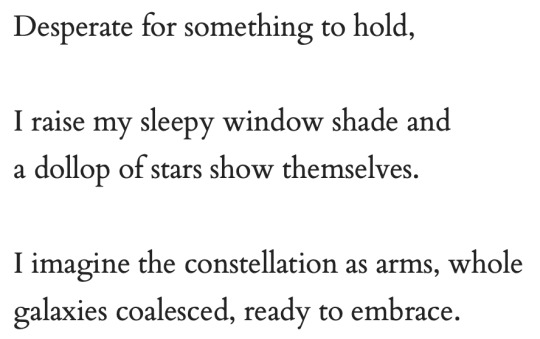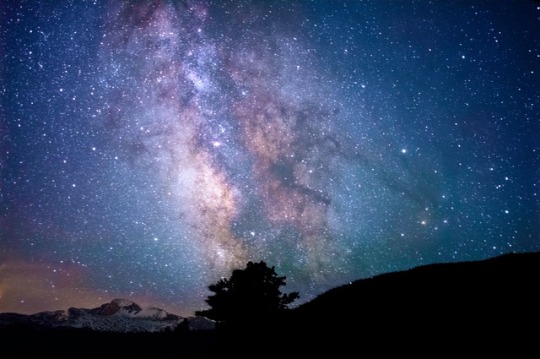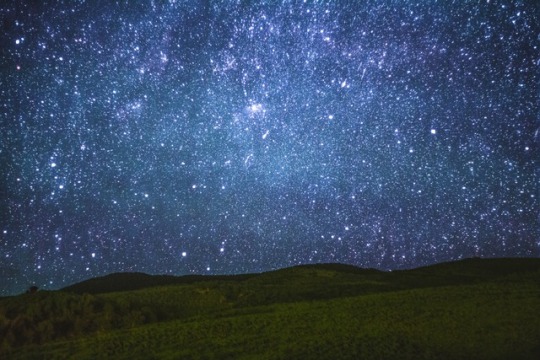Text
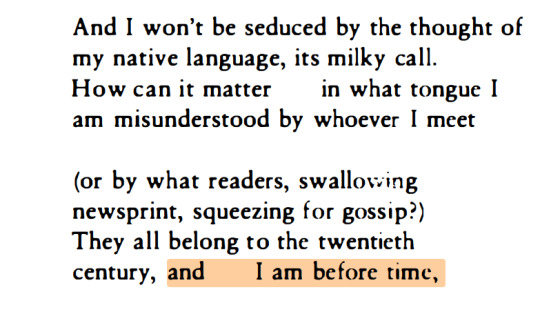
Marina Tsvetaeva, from "Homesickness", Selected Poems (trans. Elaine Feinstein, with Angela Livingstone) [ID'd]
327 notes
·
View notes
Text
« Homo sapiens have evolved a particularly weird life history, with a much longer childhood and old age than other animals. […] It appears that there’s a kind of symbiosis in the human life history: a long childhood allows exploration and learning, while a wider set of carers, including elders, allows that childhood to unfold. […] Both childhood and old age appear to be critical periods in the life history of our species when it comes to the transmission of human culture – another thing that is distinctive, if not unique, about human beings. More than any other animal, we pass on information and knowledge from one generation to another. […]
[Our] vulnerabilities [in childhood and old age] are intimately related to some of our greatest human strengths – our capacities for learning, cooperation and culture. […] Just as the impulsiveness, curiosity and noise of children might contribute to exploration and compensate for their other inabilities, the older humans’ expertise, patience and storytelling skills might compensate for loss of speed and strength. It seems that all these life-history developments interacted to create the coevolutionary cascade that led to the remarkably swift emergence of Homo sapiens. A longer, smarter, more social childhood, as well as an extended old age, lets you develop more skilled adults. […]
So, childhood and old age – those vulnerable, unproductive periods of our lives – turn out, biologically, to be the key to many of our most valuable, deeply human capacities. They nurture and facilitate our exploration and creativity, cooperation, coordination and culture, learning and teaching. In some ways, we are at our most human before puberty and after menopause. Caring for those vulnerable humans at either end of life lets all of us flourish. The dance of love and lore between grandparent and grandchild is at the centre, not the fringes, of our evolutionary story. »
— Alison Gopnik, “Why childhood and old age are key to our human capacities” in Aeon Magazine
858 notes
·
View notes
Text

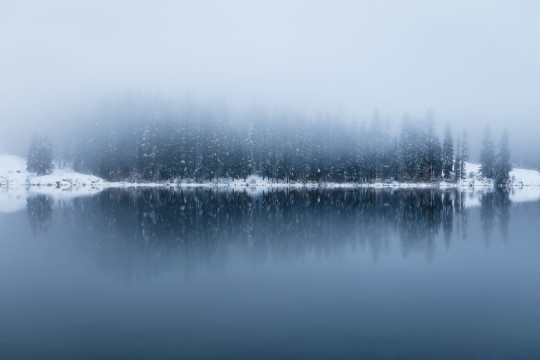
Willamette National Forest, Oregon by Masako Metz
391 notes
·
View notes
Text
“The boon of language is not tenderness. All that it holds, it holds with exactitude and without pity, even a term of endearment; the word is impartial: the usage is all. The boon of language is that potentially it is complete, it has the potentiality of holding with words the totality of human experience—everything that has occurred and everything that may occur. It even allows space for the unspeakable. In this sense one can say of language that it is potentially the only human home […].”
— John Berger, And Our Faces, My Heart, Brief as Photos (via exhaled-spirals)
184 notes
·
View notes
Text

Schrift-Proben von Schriftgiesserei - Benjamin Krebs - via Paris bibliotheques
1K notes
·
View notes
Text

@ikvertakinjou sent me this fragment from an article in the new york review and i can’t get over it
932 notes
·
View notes
Text
The responsibility of the poet? My medical mentor, a Jewish man from Waco, Texas, used to say that a plethora of ongoing research on a particular medical subject indicates that we still don’t know enough about that subject. And that’s how I feel about the responsibility of the poet. We keep talking about it because it is relentlessly mutable, pluripotent. We are never satisfied with our answers. I often think that the responsibility of the poet is to strive to become the memory that people may possess in the future about what it means to be human: an ever-changing constant. In poetry, the range of metaphors and topics is limited, predictable, but the styles are innumerable. Think how we read poetry from centuries ago and are no longer bothered by its outdated diction. All that remains of old poetry is the music of what it means to be human. And perhaps that’s all we want from poetry. A language of life.
I like this quote by J. M. Coetzee: “The masters of information have forgotten about poetry, where words may have a meaning quite different from what the lexicon says, where the metaphoric spark is always one jump ahead of the decoding function, where another, unforeseen reading is always possible.”
Fady Joudah, from his interview with Aria Aber: "Fady Joudah | The poet on how the war in Gaza changed his work", published in The Yale Review, February 28, 2024
333 notes
·
View notes
Text
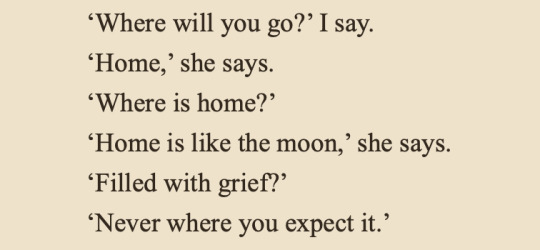
Anne de Marcken, from It Lasts Forever and Then It's Over [ID'd]
3K notes
·
View notes
Text

Sunflowers, c. 1982. Andrew Wyeth.
Watercolor and pencil on paper
7K notes
·
View notes
Text

Gertrud Kolmar, from Dark Soliloquy: The Selected Poems; "Lassan,"
1K notes
·
View notes
Text

The naturalist's library - Sir William Jardine - 1833 - via Internet Archive
1K notes
·
View notes
Text
“But first and foremost, I learned from Whitman that the poem is a temple—or a green field—a place to enter, and in which to feel. Only in a secondary way is it an intellectual thing—an artifact, a moment of seemly and robust wordiness—wonderful as that part of it is. I learned that the poem was made not just to exist, but to speak—to be company.”
― Mary Oliver, Upstream: Selected Essays
321 notes
·
View notes
